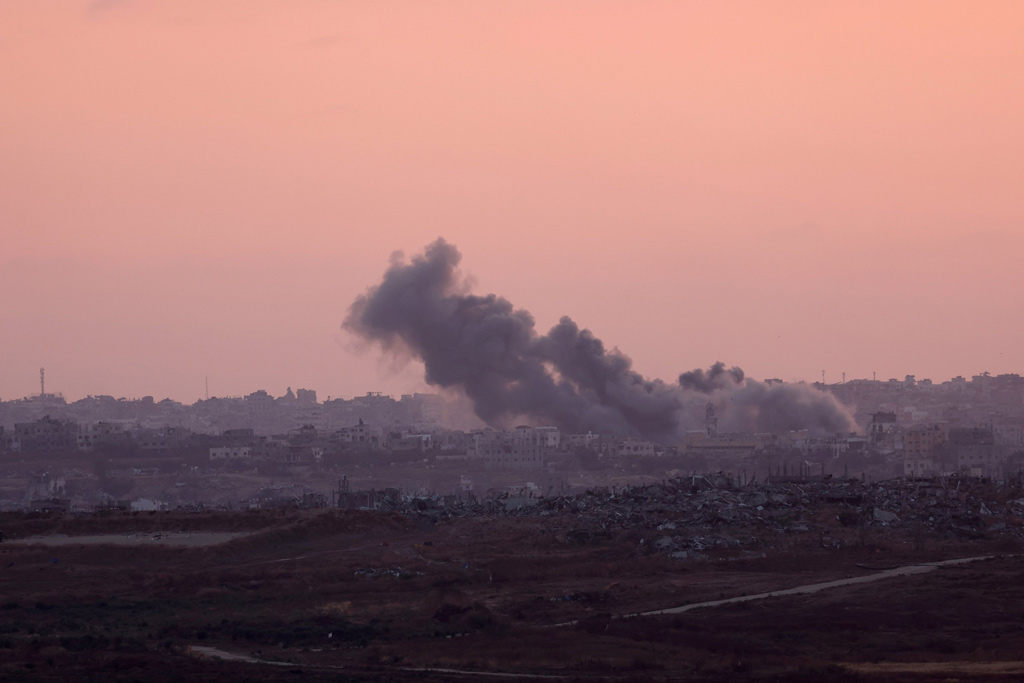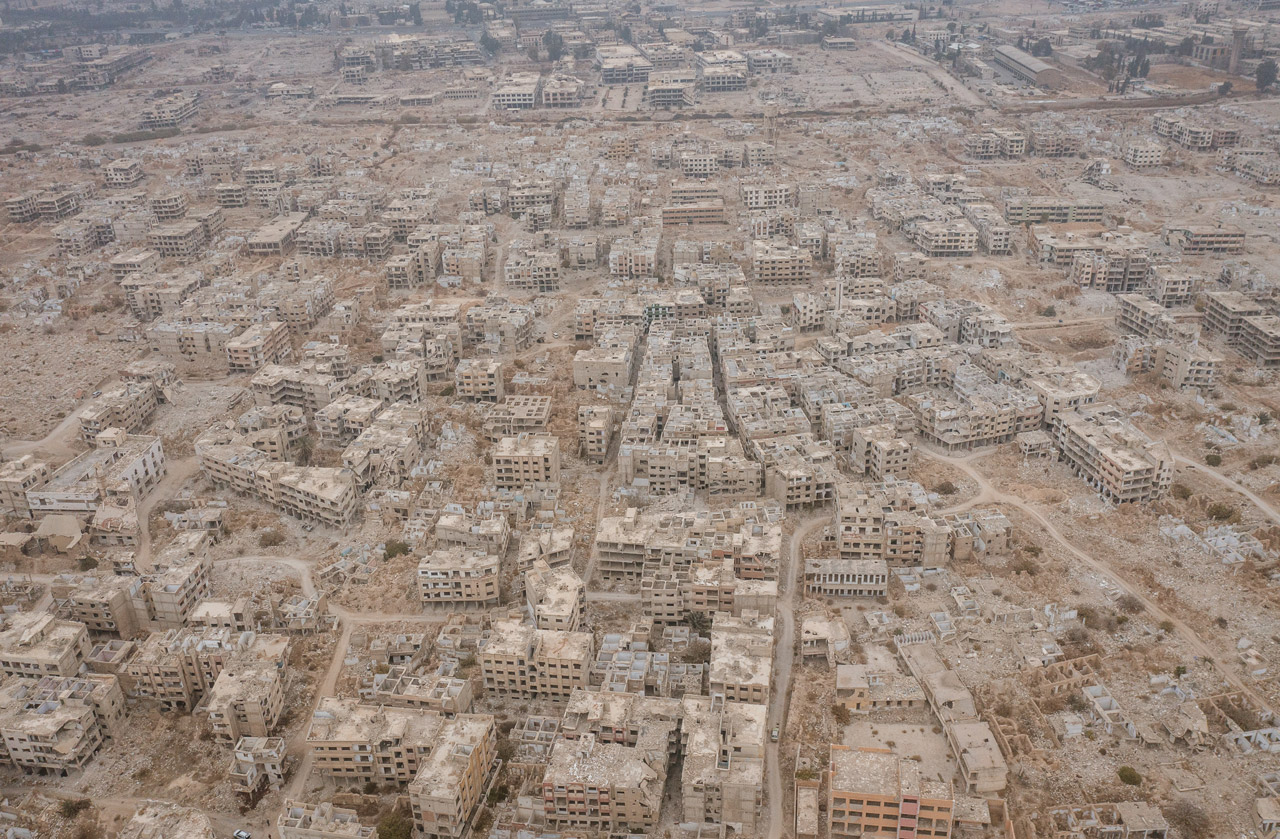As Israel’s attacks on Gaza persist, the Netanyahu administration faces an unprecedented level of isolation. Apart from the Biden administration and a few European countries, there is scant open support for Israel’s aggressive policies. This isolation, both globally and regionally, does not enhance Israel’s security. Following the events of Oct. 7, Israel, having been responsible for the deaths of over 40,000 people – 70% of whom were women and children – in the name of security, is now entering a phase where it must confront the repercussions of its actions. This reckoning signifies a profound security crisis not only for the State of Israel but also for the wider Jewish community. Should the Netanyahu government persist with its harsh tactics in Gaza, Israel’s security crisis may become irreparable, raising critical questions about the state’s future existence.
It is important to recognize that the current crisis did not suddenly arise after Oct. 7. Instead, it reflects a deeper, longstanding issue of legitimacy stemming from Israel’s occupation strategy, which was initiated before the state was formally established and has continued unabated. Indeed, Israel confronts a profound legitimacy crisis at an ontological level – a crisis that has intensified since Oct. 7. Israel’s consistent occupation of Palestinian territories, ongoing since before 1948, clearly marks it as an occupying power. The territories under its control are not inherently Israeli but belong to the Palestinian state. Consequently, Israel should be regarded as a state that unlawfully occupies the land of another sovereign nation and its people.
Since the events of Oct. 7, Israel’s basis for legitimacy has entirely eroded. Israel is not merely an occupying power; it is also a state under scrutiny by the International Court of Justice (ICJ), facing allegations of genocide. Additionally, its leaders have been subject to arrest warrants issued by the International Criminal Court (ICC). This, compounded by its isolation from international organizations and international diplomatic circles, leads to two significant outcomes: a loss of legitimacy and a deepening security crisis.
International law front
The primary factor exacerbating Israel’s security crisis into an existential dilemma is the Netanyahu administration’s severe actions against Palestinians in Gaza. These actions, characterized by genocide, war crimes and crimes against humanity, indicate that what is occurring in Gaza transcends a conventional war. In fact, the military operations since Oct. 7 cannot be classified as warfare in the traditional sense, as the Israeli military predominantly targets civilians, including a large number of women and children. The methods employed have surpassed the boundaries of legitimate self-defense, aiming instead at the systematic and deliberate destruction of a specific ethnic and religious community. A poignant example of this is Israel’s recent attack on a temporary civilian shelter in Rafah, which it had declared a "safe zone." This act is a deliberate violation of international law. Since Oct.7, the Israeli government has engaged in numerous actions that constitute war crimes, genocide and crimes against humanity under the guise of military operations.
The actions undertaken by Israel have precipitated a profound crisis of legitimacy within international law. The genocide case brought against Israel by South Africa in the International Court of Justice has positioned Israel as a state accused of genocide. This label persists regardless of the court’s final decision, undermining Israel’s self-styled narrative of national identity based on its historical narratives. The narratives of exclusion, victimization, exile and genocide will, from this point forward, be permanently intertwined with the Palestinian identity, shaped by the actions attributed to Israel in Gaza. Furthermore, the International Criminal Court’s decision to issue arrest warrants for Israeli officials introduces an additional layer of legal scrutiny. This decision places Israel at the center of judicial processes both within and beyond the United Nations framework, intensifying its legitimacy crisis on international legal grounds.
Deepening crisis on diplomatic front
Israel’s legitimacy crisis extends beyond the allegations of being an illegitimate genocidal regime under international law due to its actions. On both global and regional scales, Israel has become increasingly diplomatically isolated. Prior to Oct. 7, Israel sought to mitigate its regional isolation through the Abraham Accords. However, following the events of Oct. 7, these efforts at regional normalization ceased, and Israel found itself diplomatically isolated once again. In response, numerous states reevaluated their relationships with Israel, shifting their support toward Palestine and advocating for a two-state solution. A significant manifestation of this shift is the recent official recognition of the Palestinian state by Spain, Ireland and Norway, which underscores Israel’s diplomatic setbacks. Consequently, the number of countries recognizing Palestine has now risen to 142.
Israel’s diplomatic isolation is also pronounced within the realm of international organizations, where its actions have drawn widespread criticism, particularly from the United Nations. A significant indicator of this shift is the adoption of a new resolution by the U.N. General Assembly that aims to change Palestine’s observer status, representing a revolutionary challenge to Israel’s policies. Although this resolution has not passed the Security Council, its symbolic significance underscores the global response to Israel’s deemed illegitimate activities in Gaza. Additionally, numerous regional organizations have addressed Israel’s alleged war crimes and genocide in Gaza, issuing strong condemnations of the Israeli state.
Global conscience, international civil society
Israel has faced a comprehensive loss of legitimacy, not only legally on the international legal front but also diplomatically on the international political stage. This crisis of legitimacy extends to the conscience of global humanity. Israel is currently the subject of widespread protests in European capitals, particularly in the U.S., and in many other countries around the world in response to its actions in Gaza. Additionally, many companies that support Israel are facing boycotts. Despite attempts in U.S. universities to enforce a double standard that shields Israel, there is a growing condemnation of Israel and U.S. support for it. This wave of demonstrations, among the most extensive seen in the last 20 years, signifies a pivotal moment. Importantly, these global protests demonstrate the ineffectiveness of the genocide industry which has been providing a sort of protection umbrella to Israel for years. Consequently, Israel has lost its standing in the global human conscience.
Israel is experiencing a profound crisis of legitimacy that manifests across multiple dimensions: legal, diplomatic and in the global human conscience. This multifaceted crisis poses a significant challenge for Israel to regain its legitimacy. The genocidal policies it has pursued in Gaza are indelibly etched in the collective memory of humanity, making it exceedingly difficult for Israel to restore its standing in the international community.





